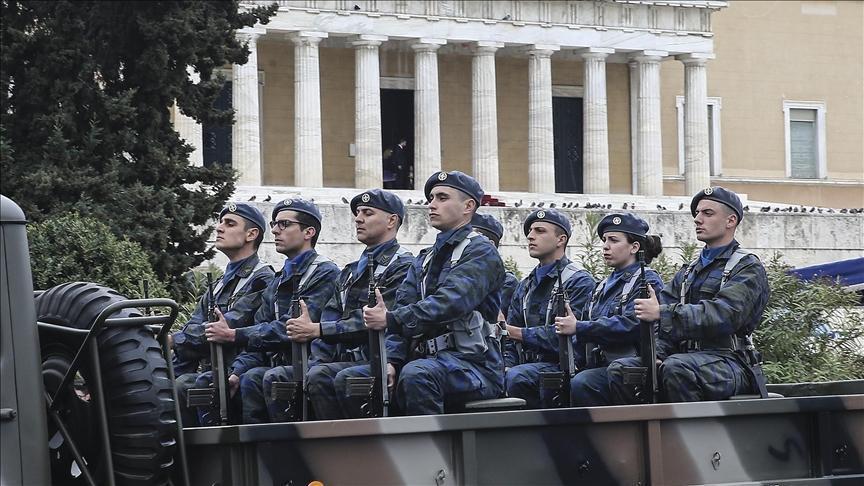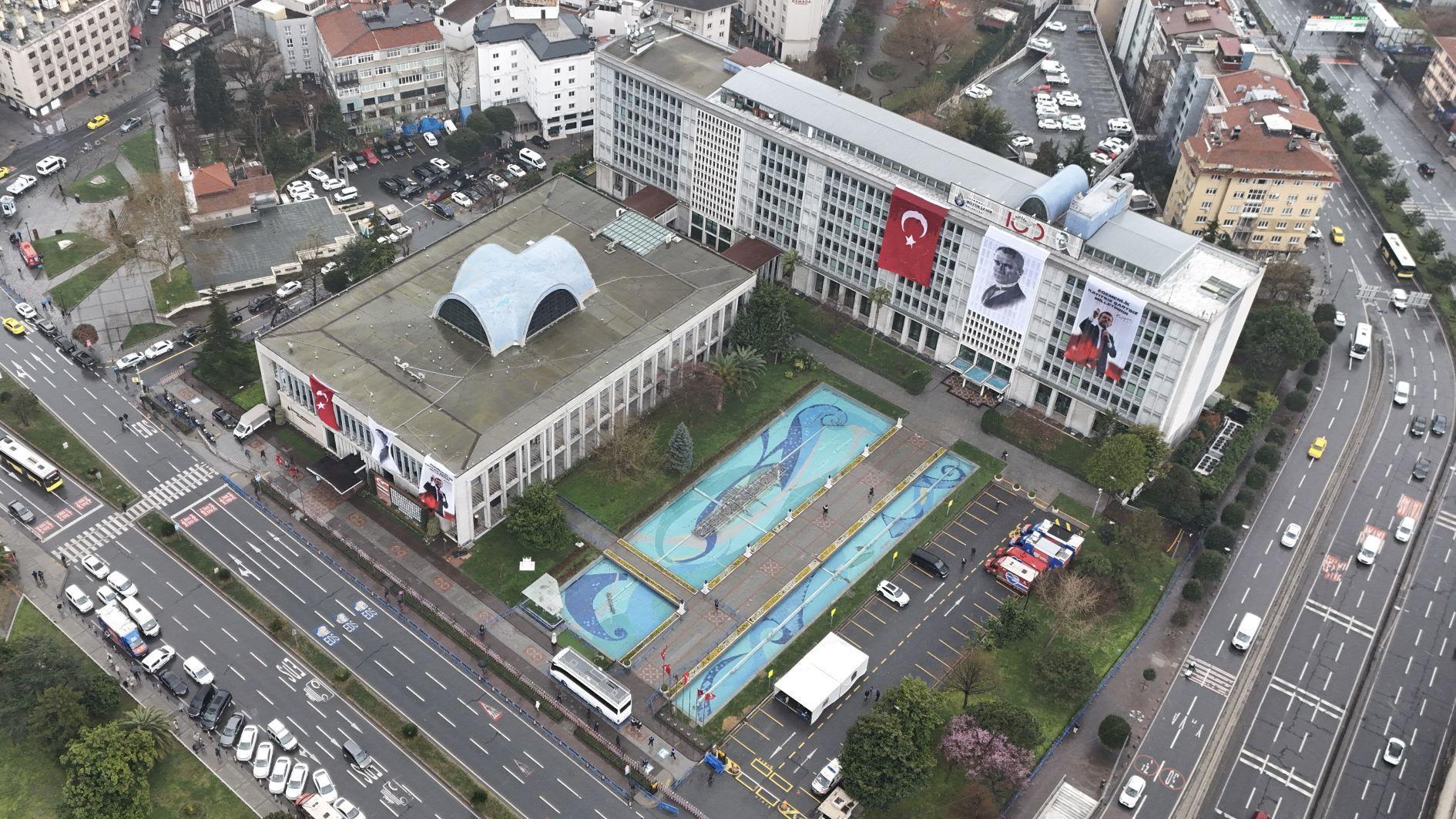The real friends and foes of Syria
Obviously there are still those who are eager to advise the United States and Western powers to indulge in murky meddling in Syria. As I read in a piece by “the director of government relations and senior political director at the Syrian American Council,” Mohammed Alaa Ghanem, (New York Times, Feb. 5, 16), I did not know what to think of such people.
He pleads for the U.S. “to help al-Assad’s officials defect” by bribing them. He suggests that a few thousand dollars a month in salaries would be enough to make them change sides since “this would be real money to Syrians, but mere pennies compared with what Washington has spent on the anti-Islamic State campaign.”
I do not know if he means that a few thousand were enough to seduce some other Syrians to fight against Bashar al-Assad but that it proved futile and that it is now time to buy Syrian officials. It is no longer a secret that the U.S. and its regional Sunni allies armed and financed the so-called “opposition,” but they have been unsuccessful in removing al-Assad, while the whole fight descended into a civil war. Nevertheless, it must still be regarded as outrageous to offer new deals in newspaper pages. Ghanem must be thinking that it is legitimate to openly make a deal since he unashamedly mentions his contacts who have asked for secrecy and money in return for new operations against the al-Assad regime. What is worse is that he feels free to voice his colonialist mentality by suggesting that a few thousand dollars is “real money” to buy loyalties in poor countries like Syria.
Even if it is true that a few thousand dollars is big money for the desperate people living in a war-torn country like Syria, it is despicable to talk about it in this way, I think. But who cares for the dignity of people who live in such countries, after all? Moreover, with friends like these, Syria has no need for enemies.
In fact, the U.S. and Western powers in general also do not need such “friends” anymore. Even if it was not the whole story, it is because the testimonies of such “friends,” experts and expats that led to the U.S. disaster in Iraq rather recently (if we do not remember the Bay of Pigs disaster in Cuba, and many others in the Cold War era). Neither the U.S. nor the West need the advice of old-school diplomats who cannot adjust to the “post-Iran deal” facts and circumstances. One of them, a former British ambassador who is now the executive director of the International Institute for Strategic Studies in Bahrain, John Jenkins, notes that the United Kingdom has a “huge interest at stake in the Sunni states of the Gulf’ and the importance of engaging with Saudi Arabia rather than Iran (New Statesman, Jan. 16, 2016, 8-14).
As a matter of fact, it is no longer a matter of principle to remind those “pragmatic minds” that the Western alliance with the Saudis and Gulf states have always had a moral problem. Now, it is these Western allies in the Gulf that have become liabilities as well in terms of real politics. They are resisting any change in regional politics even if it promises more peace and stability. They are still living in the Cold War world, where they received unconditional support from the West to fight Nasserism and Communism in exchange for getting to purchase expensive military equipment. Finally, they seem to have failed to see the decline of their importance as oil producers. What is worse, they are resisting any peaceful deal on Syria that will hinder their plans and projects for regional superiority.
Fortunately, Western politics is gradually shifting to a new balance in the region and seeking a non-military solution in Syria. The Geneva meetings may not have brought any hope yet, but they are going in the correct direction and deserve the support of those who advocate peace and stability in the region.
Any attempt to hinder negotiations – or even the reluctance to aid them – will be responsible for more blood in Syria, regardless of whether the perpetrator is the Syrian American Council, Cold War diplomats or countries like Saudi Arabia, Qatar or my own.











